How to send money from PayPal to Wise
Wondering if you can send money from PayPal to Wise? In this article, we'll cover the possibilities.
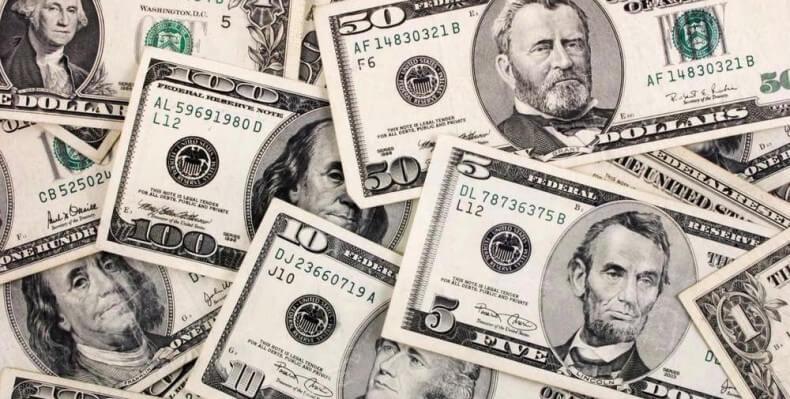
Did you know that US citizens can wave their passport and breezily enter 172 countries without needing a visa? The reason they have it so easy travelling abroad? Those greenbacks, also known as the humble $ US Dollar.
It may surprise you to find out how many countries have adopted the US currency as their own, both officially and unofficially, giving American travelers access to a variety of different countries without worrying about calculating the currency exchange.
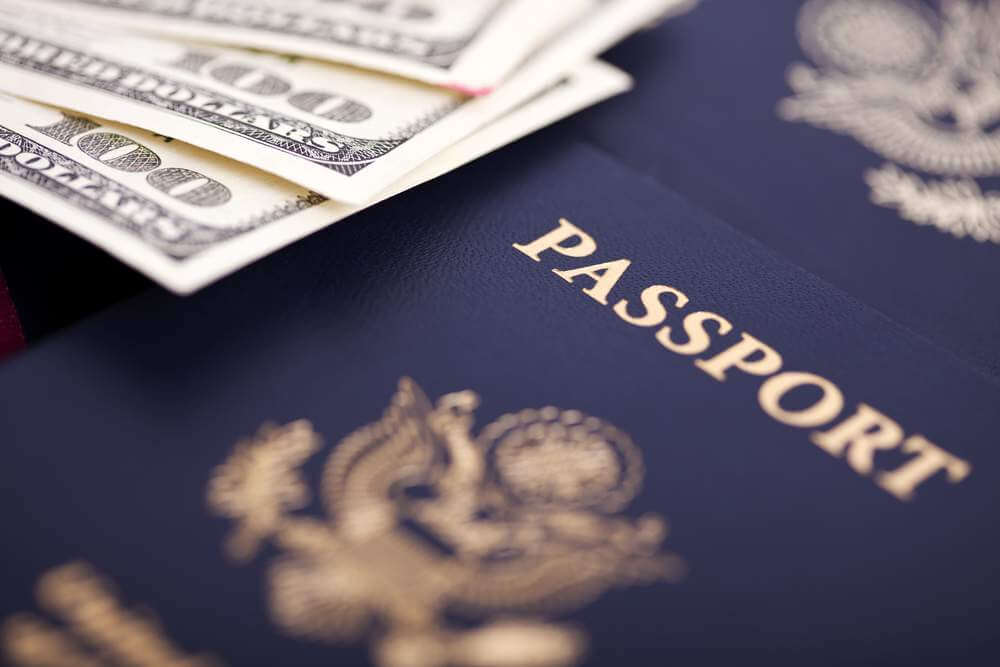
The process of adopting a different country's currency is called dollarization and it has a few very convincing advantages.
Since the end of WWII, the US dollar has overtaken the British pound as the world’s foremost reserve currency, and this fact alone is one of the main reasons countries opt to use the US dollar.
The credibility and strength of the dollar can help to stabilize an economy, which not only aids in recovery, but promotes trust to attract foreign investment. Aid and commodities such as oil, gold and petroleum, are also handled in USD. Countries like Haiti or Vietnam often use the dollar to conduct day-to-day transactions and to fight inflation, as domestic currency can reduce buying power in a short amount of time.
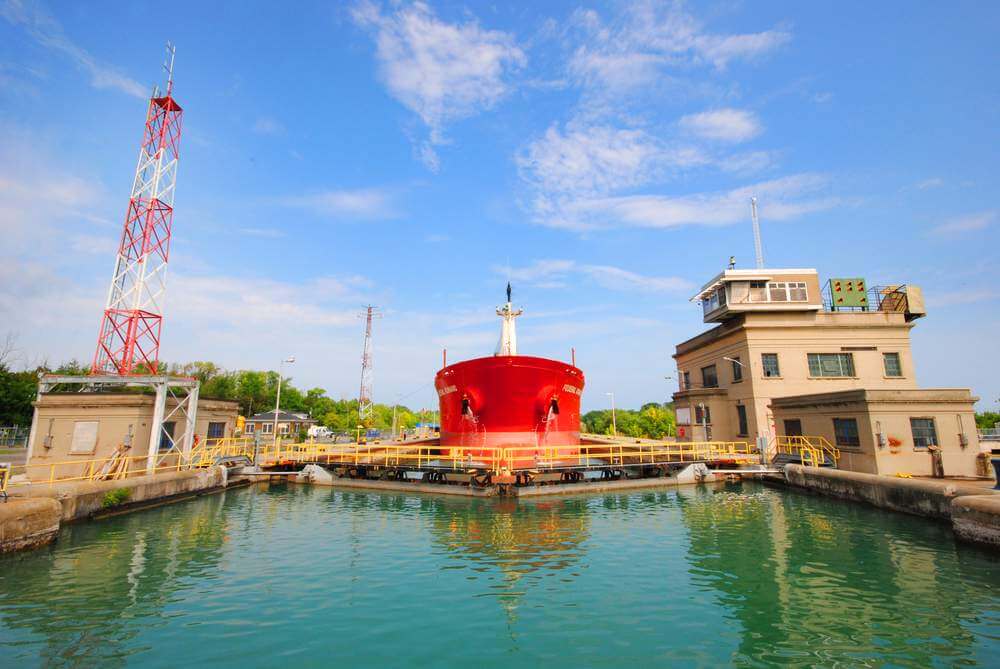
Panama began using the US dollar alongside the Panamanian balboa shortly after its independence from Colombia in 1903. The adoption of the USD was an obvious choice for the new country as the United States built and maintained the Panama Canal from its inception until its handover back to Panama in 2000. Oh, and while you're there, definitely take a trip to Bocas del Toro.
The country has suffered years of political strife fueled by corruption and political machismo. After jumping between currencies, the country finally settled on the sucre, its own currency, beginning in 1884. However, in the late 1990s the value of the sucre depreciated substantially, putting Ecuador on the brink of economic collapse. Then in 2000, the government adopted the US dollar as its official currency.

Just Google image “Turks and Caicos” if you’re looking for a reason to go. This breathtaking Caribbean tax haven is a British territory, but uses the US dollar as its official currency, a strategic decision that made the tiny country an attractive destination for tourists and businesses alike. Plus, there’s no sales tax. Another piña colada please?
Behold the stunning Khmer temples by tuktuk and pay your driver in dollars. Although the official currency is the Cambodian riel, the USD is used congruently, and can be used in any transaction. After years of deprivation at the hands of the Khmer Rouge, the dollar helped to buoy the county's recovery. A bonus: you can use USD in neighboring Vietnam and Laos.
Take all your friends with you to Zimbabwe; the country, home of Victoria Falls, takes the Euro, the pound, the South African rand and the dollar. After a period of horrific hyperinflation and political turmoil, the government discontinued the Zimbabwean dollar in 2009 in favor of the dollar, a move that may have prevented complete economic collapse.
But then, just as the USD beat out the pound, perhaps the dollar's time at the top of the money-pile is limited. Cuba, for instance, is finally doing away with its complicated dollar-linked dual currency. Enjoy using those US greenbacks around the globe while you can.
All images courtesy of Shutterstock.
*Please see terms of use and product availability for your region or visit Wise fees and pricing for the most up to date pricing and fee information.
This publication is provided for general information purposes and does not constitute legal, tax or other professional advice from Wise Payments Limited or its subsidiaries and its affiliates, and it is not intended as a substitute for obtaining advice from a financial advisor or any other professional.
We make no representations, warranties or guarantees, whether expressed or implied, that the content in the publication is accurate, complete or up to date.
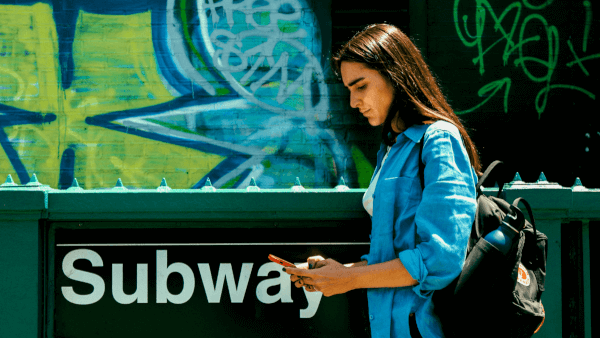
Wondering if you can send money from PayPal to Wise? In this article, we'll cover the possibilities.

For many of us who are first-generation Americans, financial literacy isn’t something we learn from our parents - and we’re definitely not taught about money...

Everything you need to know about Discover It balance transfer limits.
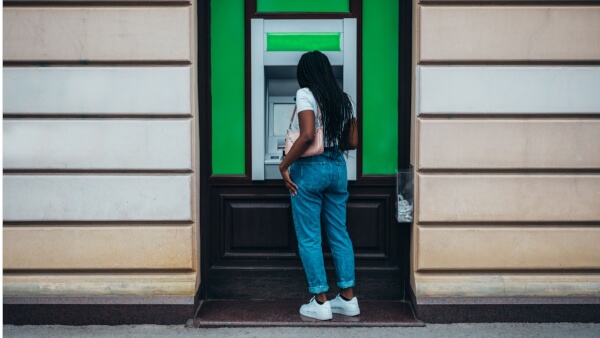
Save when traveling to Europe by reading our guide on avoiding ATM fees.

Sendwave vs Wise: Comparing features, benefits, and more. Explore this article for insights on international money transfers.

Should I exchange money before traveling to Europe? Gain insights in this article for making informed decisions about currency exchange before your trip.